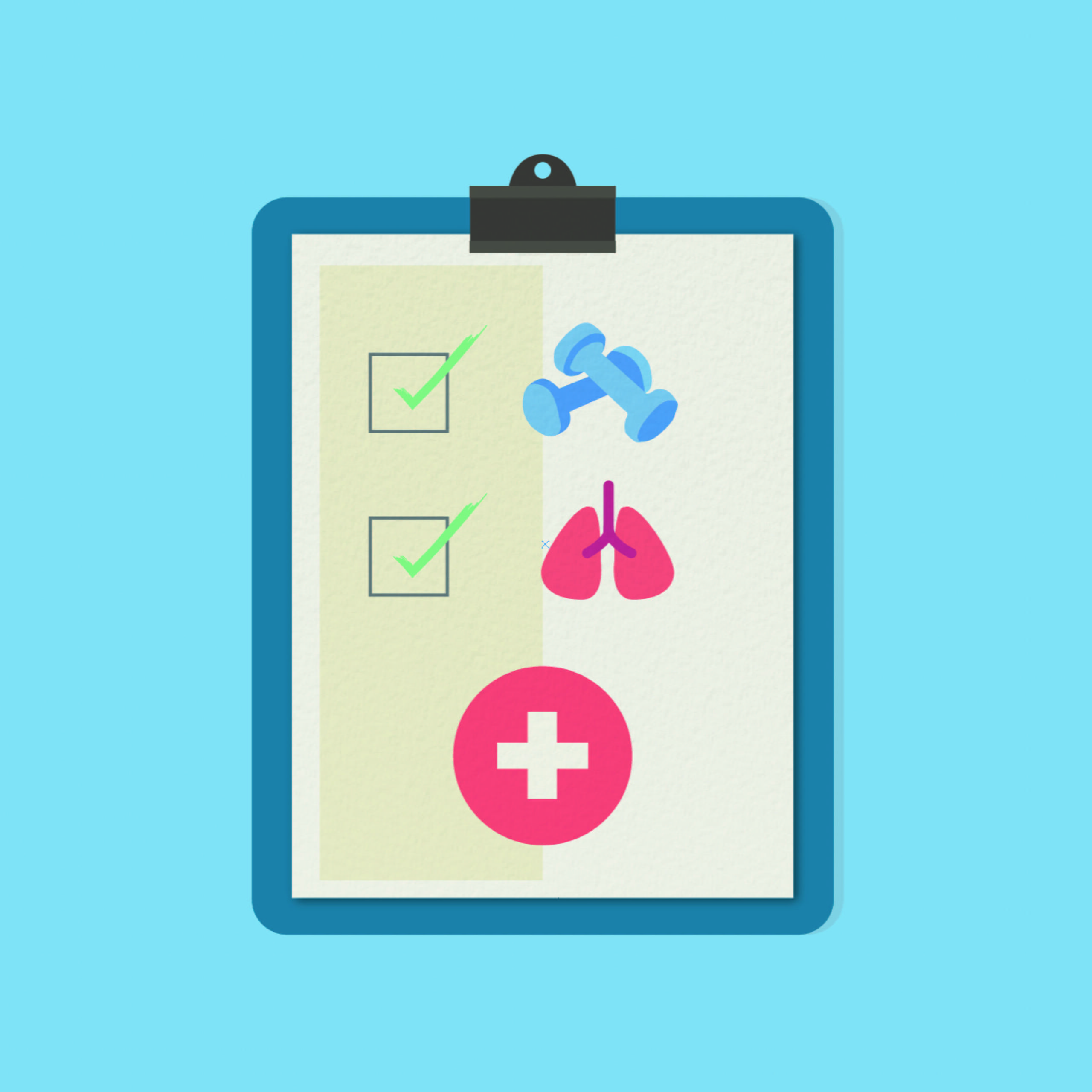Sometimes despite your best efforts it can be hard to lose those extra pounds. Chemist, nutrition and exercise expert Christine Hronec shares three tips on why you may not be losing weight.
1. Because you are eating too much.
In order to drop weight, now we’re not talking about fat just yet we’re just talking about weight, you need to take your total daily energy expenditure. Which is your body’s basal metabolic rate plus all the energy and calories you burn in a day. Those two items added together is your total daily energy expenditure. In order to sustain your current body mass, you need to be eating that amount of calories.
Now if you are not in a caloric deficit, you will not lose any body mass. Here’s a problem. Some of you are losing body mass but you are not losing body fat. You’re thinking: “You know what, I need to eat less and to exercise more.” Yeah, to a point. But the thing is if you’re trying to lose body fat, I’m not talking about losing muscle, I’m not talking about losing water, I’m talking about just the parts of your body you don’t want, like the part that makes you look fat, the fat. If you want to lose that, that is something that you cannot just wing. You cannot just do more cardio and eat less and expect to lose body fat. So, you’re going to lose muscle and you’re going to lose water.
And the thing is your body is going to spare protein first and is going to want to hold on to your fat more. Why? Because fat is more energy dense, and if you are starving your body wants to keep the fat as a longer-term sustainable energy source to keep you alive. Your body is going to want to get rid of the protein first. So, that is why your body will get rid of muscle first. If you are eating too much and your macros are not dialed in, you will not lose any body mass whatsoever. So, don’t fool yourself and think that you can just wing it. Because if you want to go from point A to point B, you need to be more strategic.
2. Your body is not able to metabolize body fat.
Why? Because you’re drinking too much alcohol. If you are drinking alcohol, your body cannot store it anywhere. Alcohol is a poison and your body can’t hold it. The second it comes into your body, your body needs to break it down and turn it into something else. When that is happening, all other metabolic processes stop.
So, when you consume alcohol, your body passes its ability to burn body fat for 48 hours at least, sometimes even 72. I do not recommend consuming any alcohol if your goal is to lose body fat. This goes for fitness competitors, this goes for people who are getting ready for their wedding, people who have a photo shoot. Alcohol has to be the number one thing out the door if you are serious about those types of goals.
3. You are eating too little.
There are lots of circumstances where you need to eat more. And it’s going to vary on a case by case basis, but if you have been in a caloric deficit for so long and nothing is changing on your body. Meaning you are not seeing any changes in your measurements; you are not seeing any changes in the scale. You most likely have been in a caloric deficit for far too long. And as a result of that, you are not able to part with your stored body fat.
If your carbs are too low for too long what happens is your insulin levels drop. When your insulin levels drop, your Leptin levels will drop. Leptin is the hormone that tells your body it is starving. It tells your body you need to hold on to body fat as a means of survival. If those levels get too low, you’re not going to release any sort of body fat. So, there are times when it makes strategic sense to increase your insulin having a refeed day, because that’s going to pull up your Leptin levels.
About Christine Hronec
Christine Hronec is an award-winning chemist and three-time champion fitness competitor, nutrition, and exercise expert. Since founding her company Gauge Life in 2013, Christine has helped approximately 40,000 women transform their bodies and switch to a body-positive self-image. Her YouTube channel has over 25 million views. Christine has received awards from the American Chemical Society and was published in the American Institute of Chemical Engineers. Christine was part of the team that created Time magazine’s “Invention of the Year” for her work in the biotech field.






